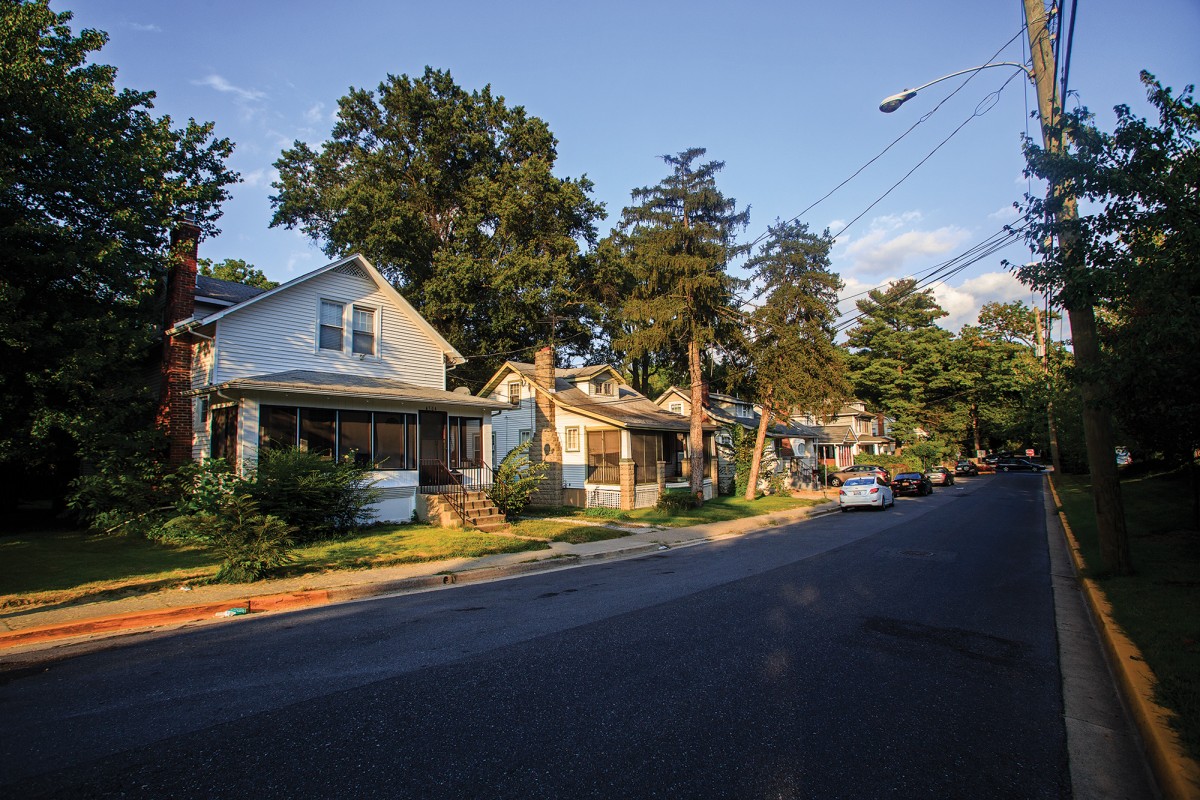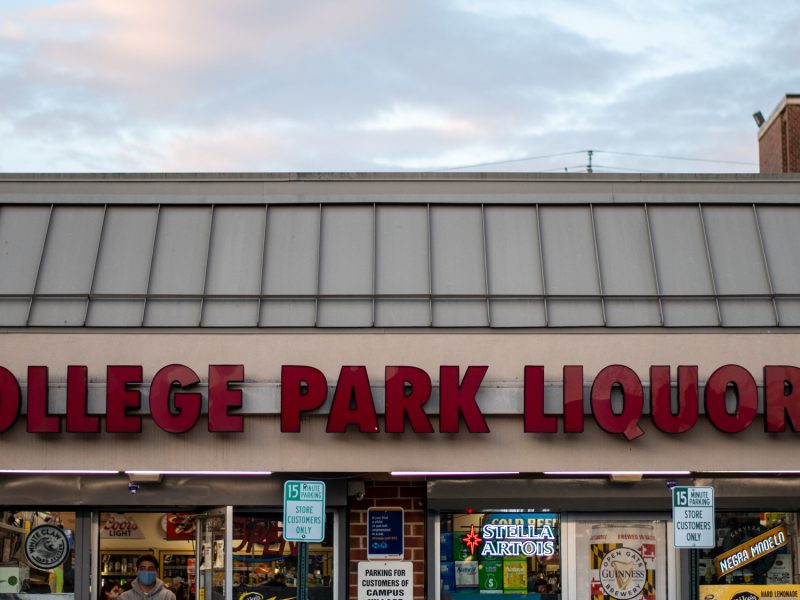College Park is offering a new waste cart for residents, and this one is beige. The yard waste carts are exclusively available for residents to purchase for $25 from the city’s public works department.
The 65-gallon carts can be used for either soft yard waste (leaves, grass, flowers and other non-woody organic materials) or woody yard waste (twigs, branches and logs), but not both at the same time. The city collects the soft yard waste when trash and recycling is normally collected, but woody yard waste requires a special appointment to be collected.
Soft yard waste collected by the city will be made into compost, and woody yard waste will be made into mulch. Both the compost and mulch will then be sold back to residents, which will generate some income for the city, said Janet McCaslin, the city’s recycling and sustainability coordinator.
Traditional yard waste bags tend to fall apart in the rain or otherwise deteriorate over time, making it difficult for residents to have their yard waste collected, McCaslin said. The new carts have wheels, a lid and a lift bar to make this process more convenient for residents.
[Read more: College Park City Council discusses goals for ongoing sustainability plan]
“Over the years, people haven’t been sure how to appropriately package their yard waste,” District 2 Councilman P.J. Brennan said.
The city pays per pound for the trash and recycling it collects to be disposed of at a county level. Separating yard waste from trash and recycling bins and turning it into compost reduces the weight of collected waste and saves the city money, Brennan said. Composting can help residents waste less food, as well as enrich their soil.
Collecting yard waste also helps beautify the city, and making the waste-collecting process easier will result in more residents taking care of their yards and keeping them clear of debris, Brennan added.
Each house receives one recycling and one trash bin for free, but some rental houses have several of these bins, Brennan said, meaning these households produce a lot of waste. These new carts can help ensure that yard waste doesn’t go into the trash and recycling bins.
“The people that are going to be using these things are people who understand value and will be using them appropriately,” Brennan said.
The new beige carts were put on the city budget this past year, McCaslin said, and some residents wanted one to be provided for every resident. However, that would be too expensive, and several residents “implied that they didn’t want another cart to have to deal with,” she added.
The city acquired 250 beige carts in bulk at a discount price, she said. They were introduced to residents last week and have already sold 35. Some residents have been asking for this for many years, she added.
The city also sells black backyard composting bins to residents for $20, McCaslin said. About 60 of these bins have been sold.
[Read more: UMD committee approves more than $330,000 to fund city and campus sustainability projects]
The interest in composting is on the rise, said Andrew Muir, the University of Maryland’s office of sustainability communications director.
Composting is becoming more popular both locally and nationwide, he said, as environmental consciousness grows and people understand how simple it is to do. This university started composting in 2012, and it’s now an option at more than 25 locations on campus.
Muir said it is good that the city is offering these carts because it gives residents an option to help the environment.
“The biggest thing stopping people from being able to [compost],” Muir said, “is they just don’t have the option to compost.”



